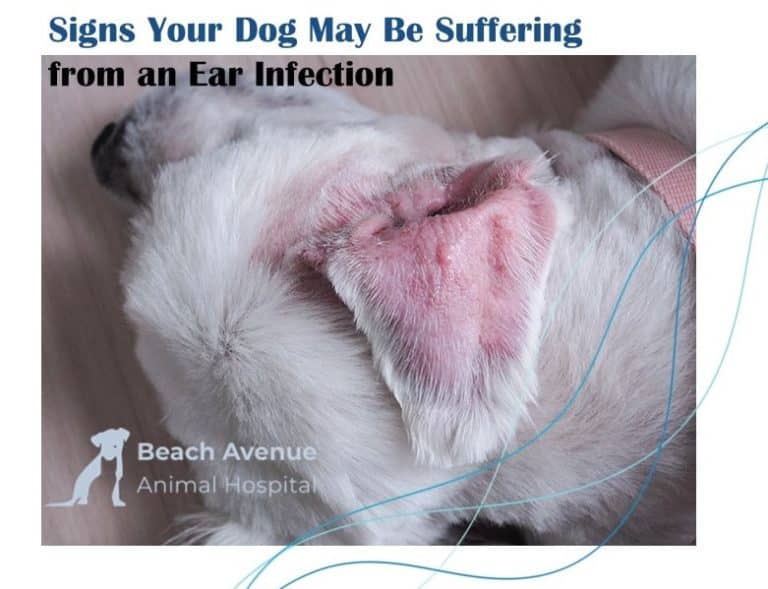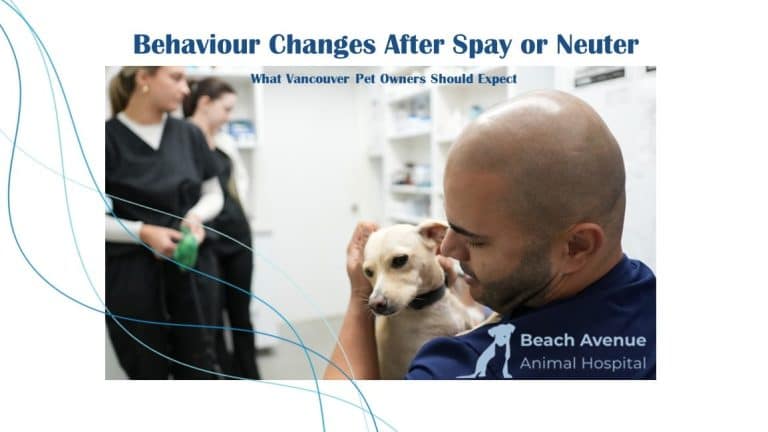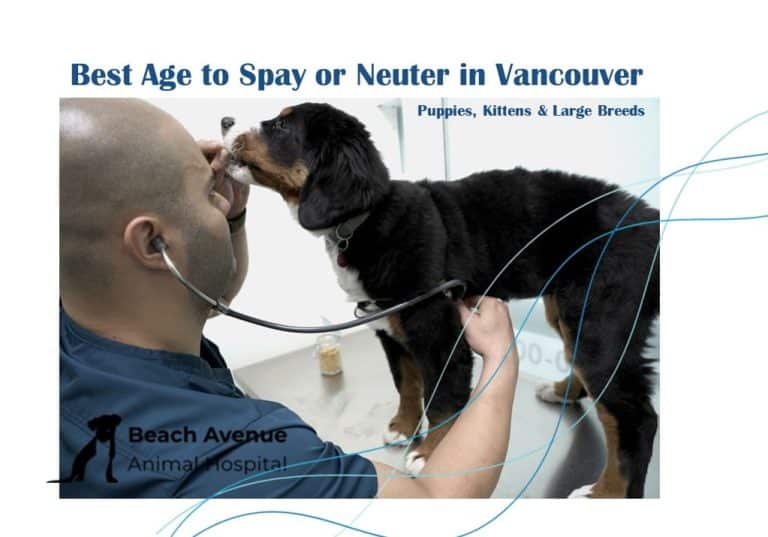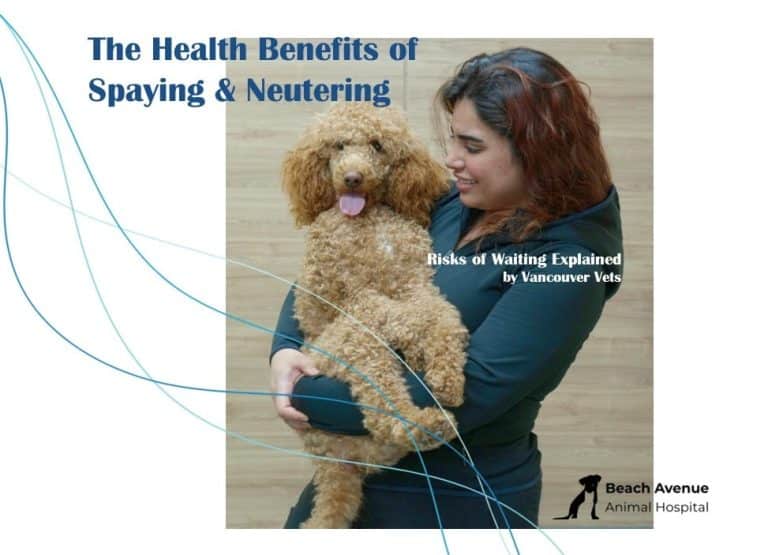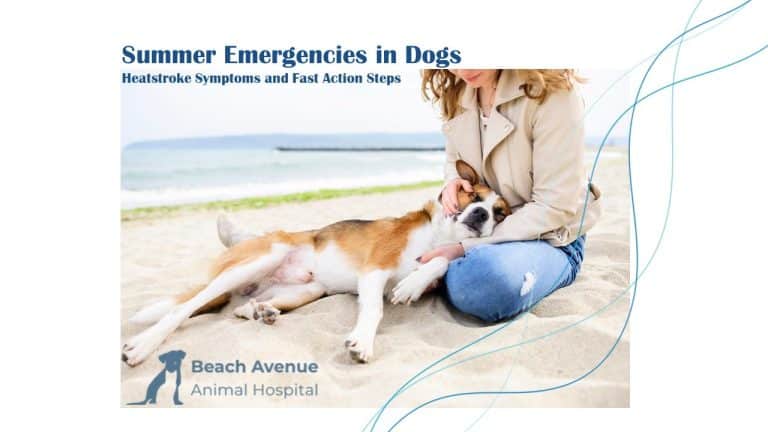Pet insurance is a type of insurance that helps cover the cost of veterinary care for your pet. It can provide financial protection against unexpected medical expenses, such as accidents, illnesses, and surgeries.
How Does Pet Insurance Work?
Choose a Plan: There are various pet insurance plans available, each with different coverage options and limitations. Factors to consider include:
Annual limit: The maximum amount the insurance will pay out per year.
Deductible: The amount you pay out of pocket before your insurance coverage kicks in.
Reimbursement: The percentage of the veterinary bill that the insurance company will cover.
Exclusions: Certain conditions or procedures may not be covered by your insurance.
Pay Premiums: You’ll pay regular premiums to maintain your pet’s insurance coverage.
File a Claim: When your pet needs veterinary care, you’ll submit a claim to your insurance company. You’ll typically need to provide documentation such as veterinary bills and medical records.
Receive Reimbursement: Once your claim is approved, the insurance company will reimburse you for a portion of the veterinary expenses, based on your coverage plan.
Benefits of Pet Insurance:
Financial Protection: It can help alleviate the financial burden of unexpected veterinary bills.
Peace of Mind: Knowing your pet is covered can reduce stress and anxiety.
Access to Better Care: It can enable you to provide your pet with the best possible care without worrying about the cost.
Important Considerations:
Read the Fine Print: Carefully review your insurance policy to understand the coverage limits, exclusions, and waiting periods.
Compare Plans: Shop around and compare different pet insurance providers to find the best plan for your pet’s needs and budget.
Consider Your Pet’s Age and Health: Insurance premiums may be higher for older pets or those with pre-existing health conditions.



